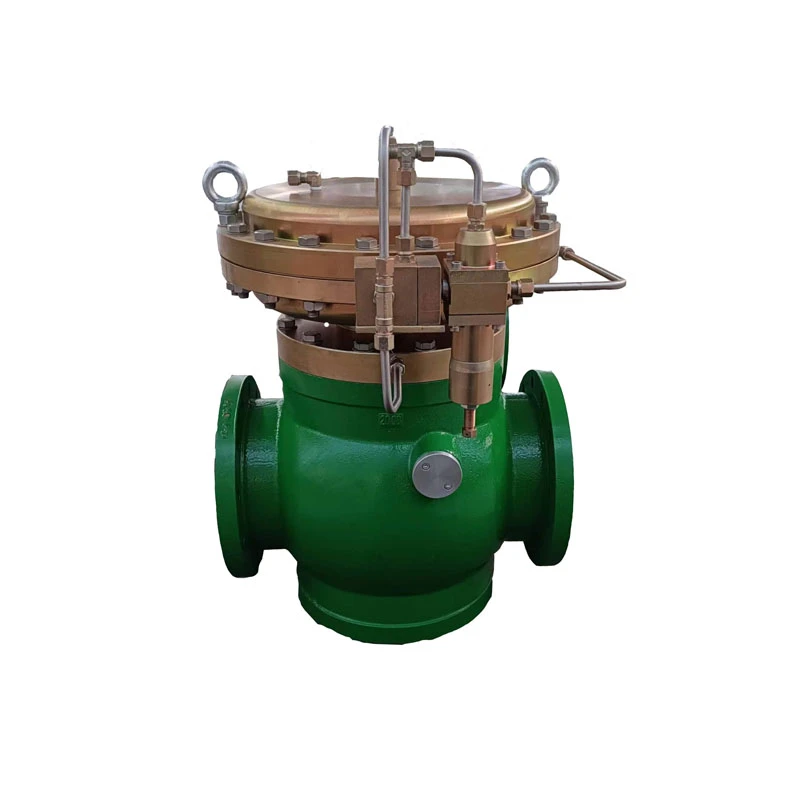
Dec . 03, 2024 15:48
Back to list
natural gas heat exchanger
The Role of Natural Gas Heat Exchangers in Modern Energy Systems
Natural gas has become an integral part of our energy landscape, powering homes, industries, and vehicles worldwide. As the demand for cleaner and more efficient energy sources rises, natural gas stands out due to its lower carbon emissions compared to coal and oil. One of the critical technologies facilitating the efficient use of natural gas is the heat exchanger. This article explores the fundamental role of natural gas heat exchangers in various applications, their designs, and their benefits.
What is a Heat Exchanger?
A heat exchanger is a device that transfers heat between two or more fluids without mixing them. In the context of natural gas, heat exchangers are essential for optimizing energy use in various processes, including heating, cooling, and power generation. They come in various designs, including shell-and-tube, plate, and finned-tube exchangers, each tailored for specific applications and efficiency requirements.
Applications of Natural Gas Heat Exchangers
1. Power Generation One of the primary applications of heat exchangers in natural gas systems is in power plants, specifically in combined-cycle gas turbine (CCGT) systems. These facilities utilize heat exchangers to recover waste heat from the gas turbine exhaust, which is then used to generate steam that drives a steam turbine, significantly enhancing the system's overall efficiency.
2. Heating Systems In residential and commercial settings, heat exchangers are vital in natural gas boilers and furnaces. They allow for efficient heat transfer from the burning gas to the water or air that is then circulated throughout buildings, ensuring optimal heating with minimal energy waste.
3. Industrial Processes Many industries rely on heat exchangers to manage thermal energy in processes such as oil refining, chemical manufacturing, and food processing. In these settings, natural gas can serve as both a source of energy and a medium for achieving precise temperature control.
4. Cooling Systems Natural gas heat exchangers are also used in cooling applications, such as in gas-fired chillers. These systems utilize the heat exchanger to provide a cooling effect, which is essential for climate control in large commercial spaces and industrial facilities.
natural gas heat exchanger

Design Considerations
The design of a natural gas heat exchanger depends on several factors, including the type of fluids involved, temperature and pressure requirements, and the physical space available for installation. For instance, shell-and-tube exchangers, known for their robustness and efficiency, are often used in high-pressure applications. Conversely, plate heat exchangers offer a compact design suitable for smaller installations, providing efficient heat transfer in a more compact footprint.
Advantages of Natural Gas Heat Exchangers
1. Efficiency One of the most significant advantages of using heat exchangers in natural gas applications is the improved energy efficiency they provide. By recovering waste heat and reusing it, these systems can reduce overall fuel consumption and operational costs.
2. Environmental Benefits With natural gas being a cleaner burning fossil fuel, integrating heat exchangers helps minimize greenhouse gas emissions. This aligns with global efforts to shift towards more sustainable energy practices.
3. Cost-Effectiveness The installation of heat exchangers can lead to substantial savings over time. While the initial investment can be significant, the reduction in fuel bills and maintenance costs often realizes a quick return on investment for businesses and homeowners alike.
4. Versatility The versatility of heat exchangers allows them to be utilized in various applications, from residential heating to large-scale industrial processes, making them a crucial element across multiple sectors.
Conclusion
As the world moves towards a more sustainable energy future, the importance of natural gas heat exchangers will continue to grow. Their ability to enhance energy efficiency, reduce emissions, and provide cost savings positions them as a key technology in the optimization of natural gas use. Whether in power generation, heating, or industrial processes, heat exchangers will play a pivotal role in shaping the energy systems of tomorrow. With ongoing technological advancements and an increasing focus on sustainability, the evolution of natural gas heat exchangers promises to meet the demands of a cleaner and more efficient energy landscape.
Next:
Latest news
-
Safety Valve Spring-Loaded Design Overpressure ProtectionNewsJul.25,2025
-
Precision Voltage Regulator AC5 Accuracy Grade PerformanceNewsJul.25,2025
-
Natural Gas Pressure Regulating Skid Industrial Pipeline ApplicationsNewsJul.25,2025
-
Natural Gas Filter Stainless Steel Mesh Element DesignNewsJul.25,2025
-
Gas Pressure Regulator Valve Direct-Acting Spring-Loaded DesignNewsJul.25,2025
-
Decompression Equipment Multi-Stage Heat Exchange System DesignNewsJul.25,2025

